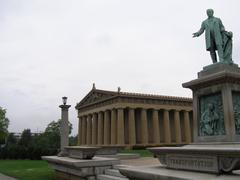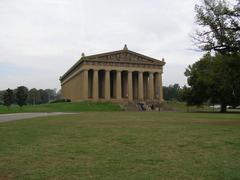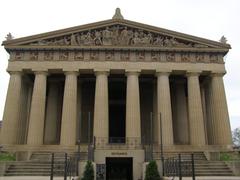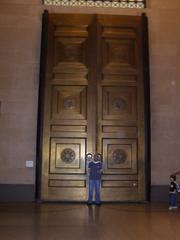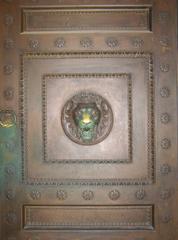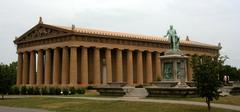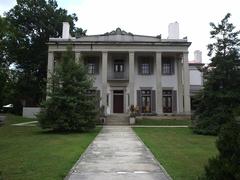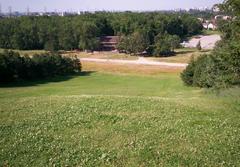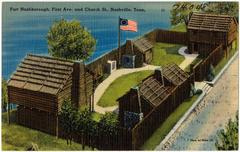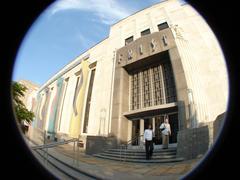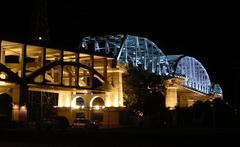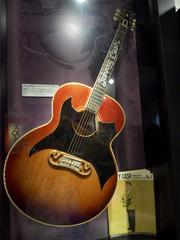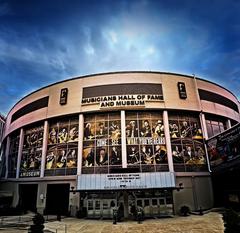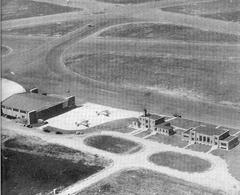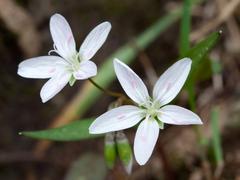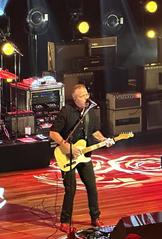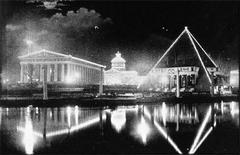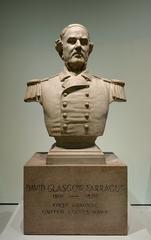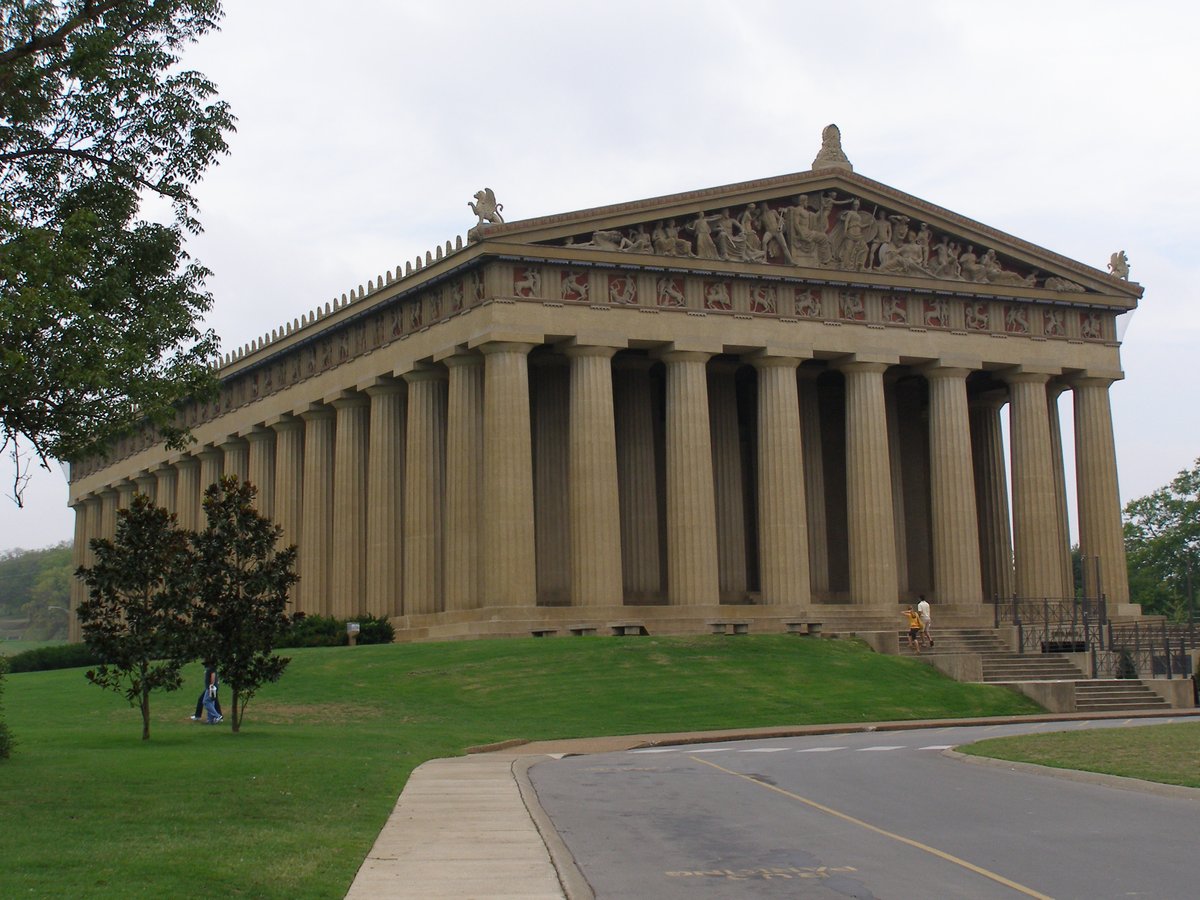
Comprehensive Guide to Visiting the Parthenon in Nashville, United States
Last Updated: 17/07/2024
Introduction to the Parthenon in Nashville
The Parthenon in Nashville, Tennessee, stands as an architectural marvel and a testament to the city’s dedication to education and culture. Constructed in 1897 as part of the Tennessee Centennial Exposition, this full-scale replica of the original Parthenon in Athens, Greece, was initially intended to be a temporary structure. However, due to its immense popularity, it was later reconstructed with permanent materials in the 1920s and completed in 1931 (Exploring the Parthenon in Nashville). The Parthenon symbolizes Nashville’s nickname, ‘The Athens of the South,’ reflecting its rich cultural heritage and commitment to classical architecture.
The Parthenon is not merely a historical monument; it is a cultural and educational hub. Visitors are greeted with meticulous architectural details that adhere to the Doric order, including pediment sculptures depicting scenes from Greek mythology and a 42-foot statue of Athena gilded with gold leaf (Visiting the Parthenon in Nashville). The structure also houses an art museum with a permanent collection of 63 paintings by 19th and 20th-century American artists, enhancing its role as a vibrant part of Nashville’s cultural landscape.
For those planning to visit, the Parthenon offers a comprehensive experience that includes guided tours, educational programs, and special events. Located in the scenic Centennial Park, visitors can also enjoy walking trails, gardens, and other nearby attractions, making it a must-visit destination for history buffs, art enthusiasts, and tourists alike (Visitor Tips for the Parthenon in Nashville).
Table of Contents
- [Origins and Construction](#origins-and-constructionorigins-and-construction)
- [Architectural Significance](#architectural-significancearchitectural-significance)
- [Cultural and Educational Role](#cultural-and-educational-rolecultural-and-educational-role)
- [Preservation and Restoration](#preservation-and-restorationpreservation-and-restoration)
- [Visitor Information](#visitor-informationvisitor-information)
- [Frequently Asked Questions (FAQ)](#frequently-asked-questions-faqfrequently-asked-questions-faq)
- [Conclusion](#conclusionconclusion)
- [Sources and Further Reading](#sources-and-further-readingsources-and-further-reading)
Origins and Construction
The Parthenon in Nashville was built to symbolize Nashville’s reputation as the “Athens of the South,” a nickname highlighting its dedication to higher education and classical architecture. Constructed as part of the Tennessee Centennial Exposition in 1897, it celebrated the 100th anniversary of Tennessee’s statehood. The original structure was intended to be temporary, built from plaster, wood, and brick. However, due to its popularity, it was decided that the Parthenon should be preserved. In the 1920s, the temporary materials were replaced with permanent ones, including concrete and steel, to ensure the structure’s longevity. The reconstruction was completed in 1931, and the Parthenon has since stood as a prominent landmark in Nashville.
Architectural Significance
The Nashville Parthenon is an exact replica of the ancient Greek temple, adhering to the Doric order of classical architecture. The attention to detail is meticulous, with the structure featuring the same dimensions and proportions as the original. The Parthenon measures 228 feet long, 101 feet wide, and 65 feet high, with 46 outer columns and 23 inner columns, each standing 34 feet tall.
One of the most striking features of the Parthenon is the pediment sculptures, which were recreated by sculptors Belle Kinney Scholz and Leopold Scholz. These sculptures depict various scenes from Greek mythology, including the birth of Athena and the contest between Athena and Poseidon for the patronage of Athens. The interior of the Parthenon houses a 42-foot statue of Athena, designed by sculptor Alan LeQuire, which is gilded with more than eight pounds of gold leaf.
Cultural and Educational Role
The Parthenon serves not only as a historical monument but also as a cultural and educational hub. It houses an art museum that features a permanent collection of 63 paintings by 19th and 20th-century American artists, donated by James M. Cowan. The museum also hosts rotating exhibitions, educational programs, and cultural events, making it a vibrant part of Nashville’s cultural landscape.
The Parthenon provides a tangible connection to ancient Greek culture and serves as a resource for learning about classical architecture, art, and history. The structure’s presence in Nashville underscores the city’s identity as a center of learning and culture.
Preservation and Restoration
Over the years, the Parthenon has undergone several restoration projects to maintain its structural integrity and aesthetic appeal. In the 1990s, a major restoration effort was undertaken to address issues such as water damage and structural wear. This project included the installation of a new roof, the repair of damaged sculptures, and the application of a protective coating to the exterior surfaces.
The restoration efforts have ensured that the Parthenon remains a well-preserved and accurate representation of the original Greek temple. The ongoing maintenance and preservation work highlight the importance of the Parthenon as a cultural and historical landmark in Nashville.
Visitor Information
Visiting Hours and Tickets
The Parthenon is open to the public year-round. Visiting hours are typically from 9:00 AM to 4:30 PM, Tuesday through Saturday, and from 12:30 PM to 4:30 PM on Sundays. It is closed on Mondays and certain holidays. For the most up-to-date information, please check the official Nashville Parthenon website.
Tickets can be purchased at the entrance. General admission is $10 for adults, $8 for seniors (62+), and $8 for children (ages 4-17). Children under 4 are admitted free of charge. Group rates and memberships are also available.
Travel Tips and Nearby Attractions
The Parthenon is located in Centennial Park, a 132-acre urban park that offers additional attractions such as walking trails, gardens, and a lake. Visitors can also explore nearby landmarks like the Tennessee State Capitol, the Country Music Hall of Fame, and the Frist Art Museum.
For those traveling by car, parking is available within Centennial Park. Public transportation options include buses and rideshare services. It’s recommended to wear comfortable walking shoes and bring a camera to capture the stunning architecture and scenic views.
Accessibility and Guided Tours
The Parthenon is wheelchair accessible, with ramps and elevators available for ease of movement. Guided tours are offered for those interested in a more in-depth exploration of the site’s history and significance. These tours can be booked in advance and are led by knowledgeable guides who provide engaging and informative commentary.
Frequently Asked Questions (FAQ)
Q: What are the visiting hours for the Parthenon in Nashville?
A: The Parthenon is open from 9:00 AM to 4:30 PM, Tuesday through Saturday, and from 12:30 PM to 4:30 PM on Sundays. It is closed on Mondays and certain holidays.
Q: How much are tickets to visit the Parthenon?
A: General admission is $10 for adults, $8 for seniors (62+), and $8 for children (ages 4-17). Children under 4 are admitted free.
Q: Are there guided tours available at the Parthenon in Nashville?
A: Yes, guided tours are available and can be booked in advance. These tours provide an in-depth exploration of the Parthenon’s history and significance.
Q: Is the Parthenon wheelchair accessible?
A: Yes, the Parthenon is wheelchair accessible, with ramps and elevators available for ease of movement.
Conclusion
The Parthenon in Nashville stands as a remarkable example of classical architecture and a symbol of the city’s dedication to education and culture. Its history, from its origins as a temporary structure to its current status as a permanent landmark, reflects the enduring appeal of ancient Greek culture and the importance of preserving historical monuments. Visitors to the Parthenon can experience a piece of ancient Greece in the heart of Nashville, making it a must-see destination for anyone interested in history, art, and architecture.
For more information, you can visit the official Nashville Parthenon website.
Sources and Further Reading
- Exploring the Parthenon in Nashville - History, Tickets, and Visitor Information, 2024, Nashville Government
- Visiting the Parthenon in Nashville - History, Tickets, and Travel Tips, 2024, Nashville Government
- Visitor Tips for the Parthenon in Nashville - Hours, Tickets, and What to Expect, 2024, Nashville Government

